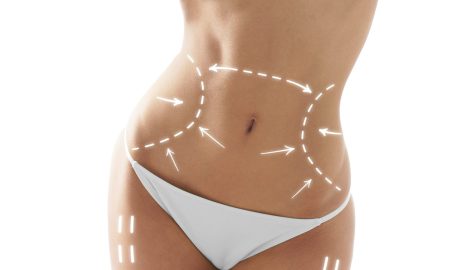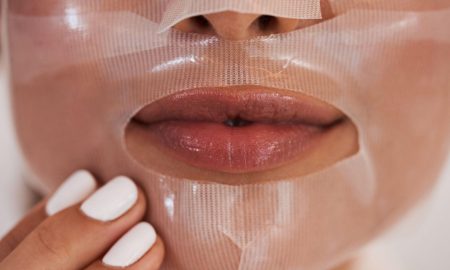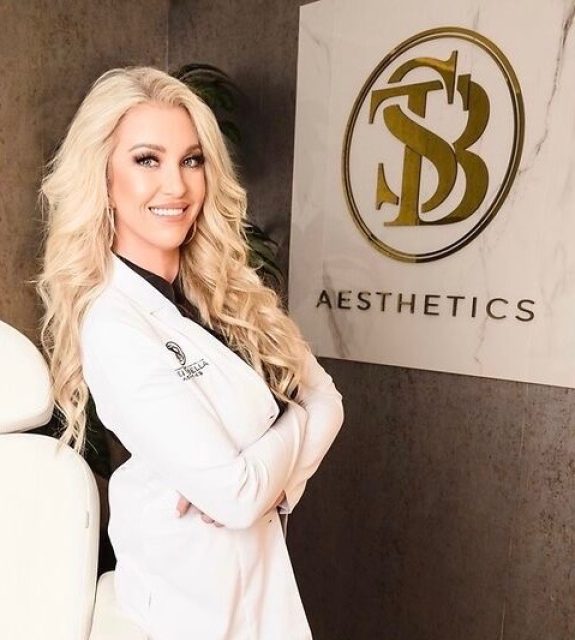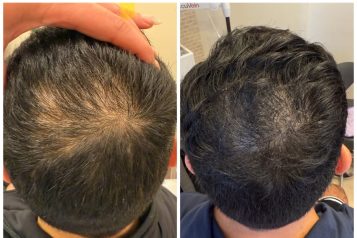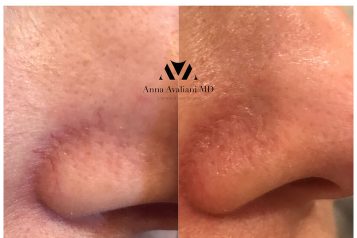 Photo Credit: Courtesy of Impact Photography/Shutterstock
Photo Credit: Courtesy of Impact Photography/Shutterstock
As you go through the aging process, there are several notable changes that can occur in your dental health. One prevalent change is the gradual wear and tear on your teeth. Over time, your teeth may become increasingly susceptible to cracks, chips, and erosion. Additionally, gum recession may become a concern, potentially resulting in heightened sensitivity and an elevated risk of gum disease. It remains crucial to uphold oral hygiene practices, including consistent brushing and flossing, along with regular visits to your dentist for check-ups and cleanings. At Ohio Dental Cosmetics we recommend adhering to these habits can effectively monitor your dental health and promptly address any emerging issues that come with age.
Common Dental Issues That Age Brings: What to Expect as You Grow Older
Tooth decay: As we age, our tooth enamel may wear down, making our teeth more susceptible to decay. To prevent this, it's important to maintain good oral hygiene by brushing twice a day with fluoride toothpaste, flossing daily, and visiting your dentist regularly for check-ups and cleanings.
Gum disease: Older adults are more prone to gum disease, which can lead to tooth loss if left untreated. To prevent gum disease, it's crucial to brush and floss regularly, use an antimicrobial mouthwash, and visit your dentist for professional cleanings and check-ups.
Dry mouth: Many older adults experience dry mouth due to medications or medical conditions. Dry mouth can increase the risk of tooth decay and gum disease. To combat dry mouth, you can stay hydrated, chew sugar-free gum, use saliva substitutes, and talk to your dentist about potential treatment options.
Tooth loss: As we age, the risk of tooth loss increases. This can be due to various factors such as gum disease, tooth decay, or accidents. To prevent tooth loss, it's important to maintain good oral hygiene, visit your dentist regularly, and address any dental issues promptly.
Oral cancer: The risk of oral cancer increases with age. Regular dental check-ups can help detect any signs of oral cancer early on, increasing the chances of successful treatment.
In addition to these preventative measures, it's important to maintain a healthy lifestyle by eating a balanced diet, limiting sugary and acidic foods and drinks, avoiding tobacco products, and limiting alcohol consumption.
 Photo Credit: Courtesy of Ground Picture/Shutterstock
Photo Credit: Courtesy of Ground Picture/Shutterstock
Effective Strategies for Addressing Common Age-Related Dental Concerns
Regular dental check-ups: It is important to visit your dentist regularly for check-ups and cleanings. This allows your dentist to identify any potential issues early on and address them before they become more serious.
Good oral hygiene: Maintaining good oral hygiene is crucial at any age. Brush your teeth at least twice a day with fluoride toothpaste, floss daily, and use mouthwash if recommended by your dentist.
Proper nutrition: Eating a balanced diet that is rich in vitamins and minerals can help support your dental health. Avoid excessive sugar and acidic foods, as they can contribute to tooth decay and erosion.
Quit smoking: Smoking can have a detrimental effect on your dental health, increasing the risk of gum disease, tooth loss, and oral cancer. Quitting smoking can greatly improve your oral health.
Use of dental appliances: If you have missing teeth or other dental issues, your dentist may recommend the use of dental appliances such as dentures, bridges, or dental implants to restore your smile and improve your oral function.
It's crucial to keep in mind that seeking personalized advice and recommendations from your dentist is always the best approach, tailored to your unique dental concerns and requirements. As you age, the general guideline is to schedule dental appointments at least twice a year for routine checkups and cleanings. Nevertheless, the frequency may need to be adjusted to accommodate your specific dental needs and any preexisting oral health conditions. Prioritizing regular dental checkups remains essential for the early detection and management of potential issues. Don't overlook the importance of preventive measures like fluoride treatments, dental sealants, and regular oral cancer screenings in preserving your oral health!
For more information, visit Dr. Sam Latif's social media:










